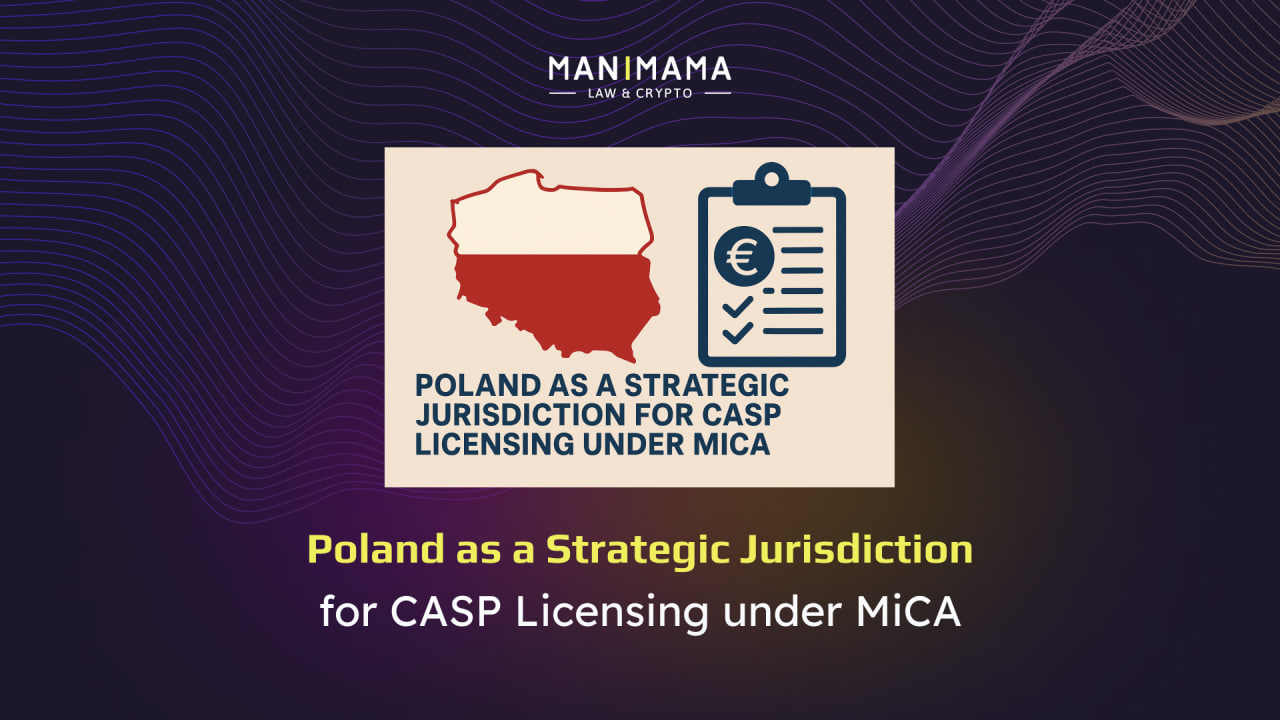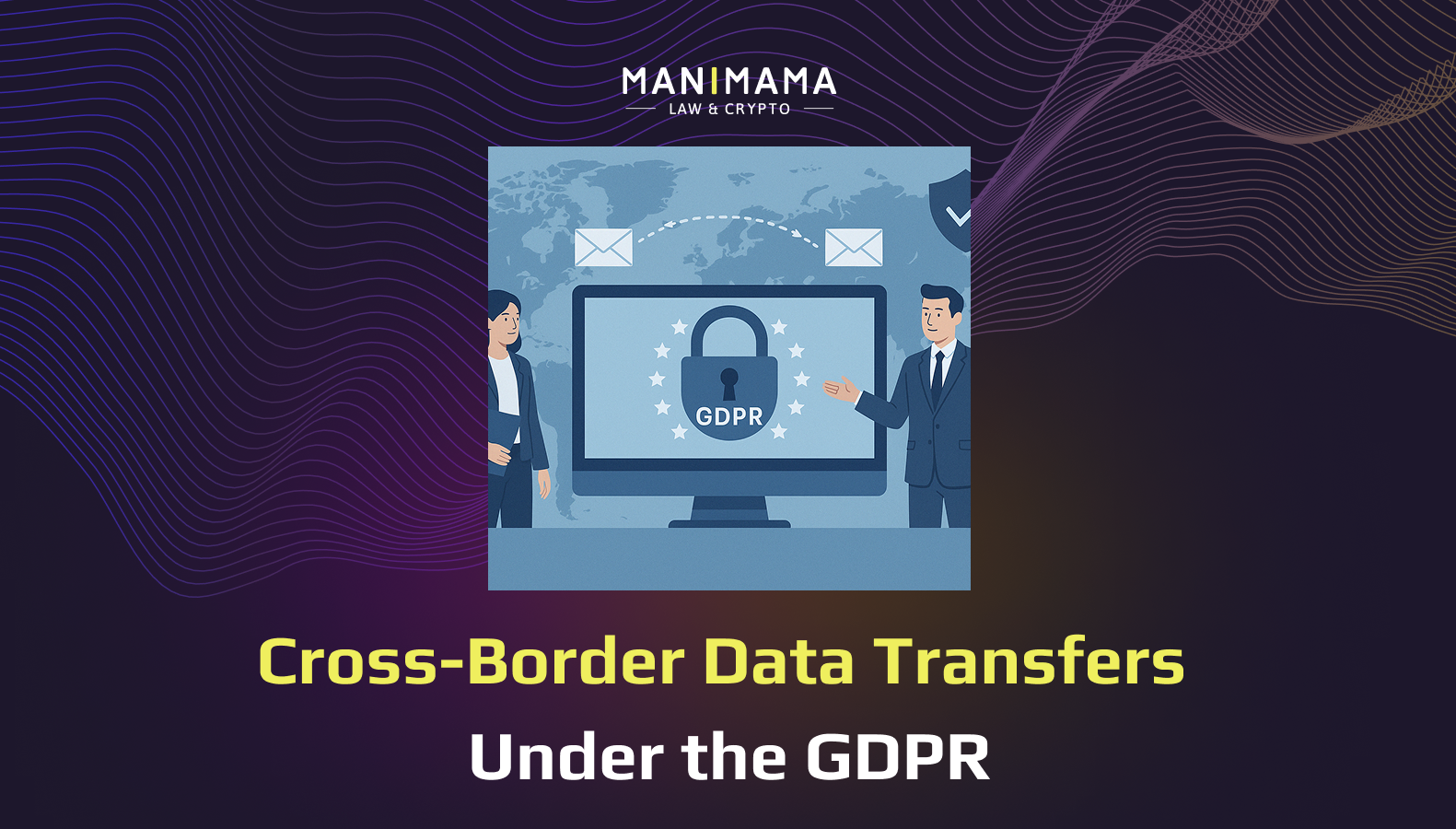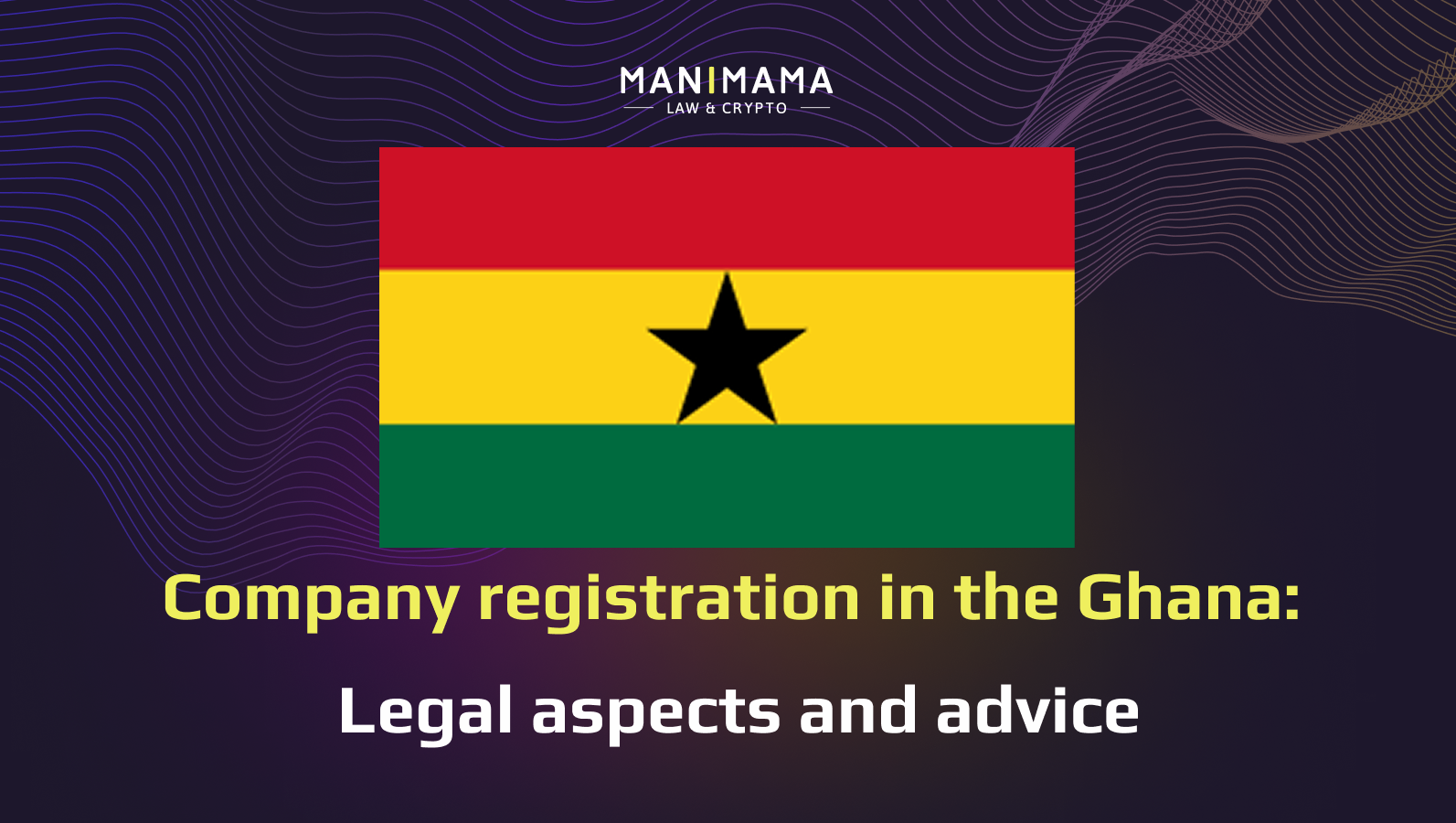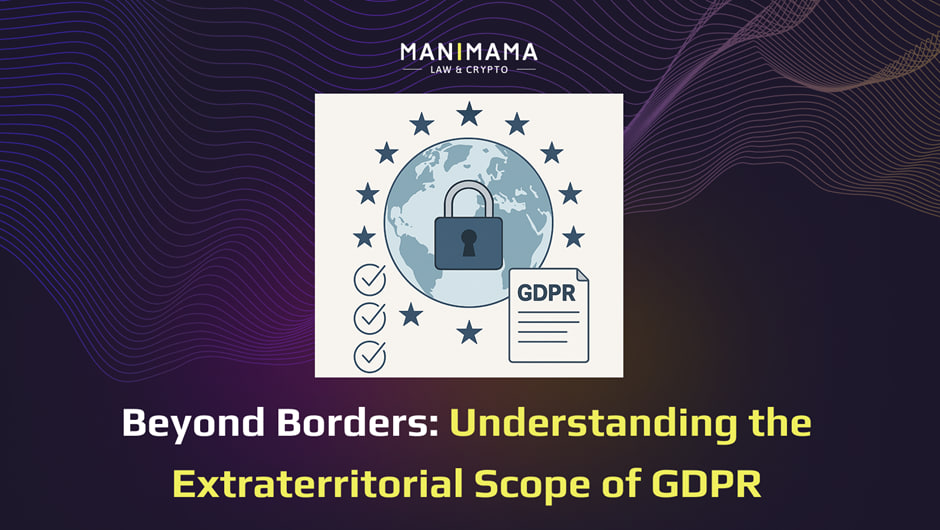Using cryptocurrencies is de facto legal in the Netherlands, as there is no law that explicitly prohibits usage or trade of digital assets.
Sharply increasing value and plenty of free time during the lockdown of Covid crisis made cryptocurrencies extremely popular across the nation. The government does not treat them as e-money, but as a means of exchange, and is striving to regulate them.
Legislative framework
There is no law that regulates ICOs and token issuance. Virtual assets do not fall under the regulatory scope of monetary policy as they do not fulfill the role of money in the Netherlands. Anti-Money Laundering and Combating Terrorist Financing Act (hereinafter:- “AML Act” defines a virtual currency as ‘a digital representation of value that is not issued or guaranteed by a central bank or a public authority, is not necessarily attached to a legally established currency and does not possess a legal status of currency or money, but is accepted by natural or legal persons as a means of exchange and which can be transferred, stored and traded electronically’.
As of May 21, 2020, companies providing cryptocurrency exchange service and/or custodial wallet providers have become subjects to regulatory oversight of the National Bank of Netherlands (De Nederlandsche Bank- hereinafter: – “DNB”) in respect of supervision of countering money laundering and combating terrorist financing. According to their website, they aim to prevent bitcoins and other cryptos from being used for illegal purposes such as money laundering or funding of criminal or terrorist activities. This supervision over virtual asset service providers (hereinafter:- “VASPs”) is a result of the government’s new approach to prevent money laundering and combating terrorist financing, (hereinafter:- “AML/CFT”) as well as implementation of the fifth European Directive on Anti-money laundering and counter-terrorist financing into domestic legislation.
Companies that offer services in or from the Netherlands for the exchange of cryptocurrencies and fiat currencies and/or custodial wallet providers are required to register with DNB. Foreign companies engaged in crypto service brokerages who want to conduct business in the Netherlands are also subject to registration.
Registration procedure
To apply for registration, applicant must file the following information with DNB:
- general company information, including articles of association (in Dutch) and extract from KVK (commercial register);
- company plan, outlining the strategy, and overview of the activities and a SWOT analysis;
- сomposition of the board, including organisational and control structure;
- delineation of the business operations and management, including rules and regulations, audit, notification procedure, secondment, training, and education
description of business operations;
- file per board member, demonstrating their fitness and propriety.
When the company applies for registration, DNB will also conduct integrity supervision of your company board, which requires submission of a separate application. there is basically two steps for this:
- applying for registration via the Digital Supervision Portal (DLT) by completing application form and uploading corporate information files. eHerkenning (digital identity authentication service for businesses) is also needed to apply through the DLT;
- requesting a fit and propriety assessment through DLT by separately filing the information about board members, using the Initial assessment form for crypto service providers.
The registration process takes approximately two months from the date of filing, on condition that the applicant correctly submitted the application. DNB evaluates if the applicants meet regulatory requirements. One time registration fee in the amount of EUR 5,000 applies for processing applications. The companies should once again apply to DNB to conduct fit and proper assessments should it admit new board members or change board members after the registration: fees for fitness assessment – EUR €1,100 and propriety assessment: EUR 2,000. DNB registered entities are also charged regular supervision fee in accordance with Financial Supervision Funding Act (Wet bekostiging financieel toezicht) the amount of which will be calculated and determined by DNB each year.
To obtain a registration, VASPs must be able to demonstrate that they comply with the Anti money laundering and counterfeiting Terrorist Financing Prevention Act and the Sanctions Act 1977. These acts demand from VASPs to take necessary initiatives to assure that they properly check identities of individuals or legal entities that they are doing business with and keep records in conformity with the acts. So called integrity check, DNB supervises only these two laws for registered providers of crypto services. Registered companies are not subject to the prudential supervision by DNB, thus financial business risks are not monitored.
For the time being, there is no registration requirement for entities that only exchange between virtual currencies, but the DNB predicts that this may change in the future.
Crypto service providers are not supervised by the The Netherlands Authority for the Financial Markets (hereinafter:- “AFM”). According to AFM, cryptocurrencies are not financial products, so that (being involved as an intermediary in) the purchase or sale of cryptos, or the provision of services related to the custody or management of assets in cryptos is not regulated under the Financial Supervision Act. This means that there is no specific consumer protection using crypto services, except for general consumer protection laws.
Final remarks
It’s worth to note that contemporary supervision by DNB does not offer real protection to key stakeholders of the cryptomarket, despite the growing interest the investments by the consumers are vulnerable to losses. The universal EU regulation is still expected to be introduced, which is believed to establish a more protective regime to investors and consumers. The government is well aware of the prospects of digital assets in the Financial market and must therefore embrace the digital transformation, while also ensuring the mitigation of potential risks. We will keep a close eye on the legal developments of whatever happens in the crypto arena.
The content of this article is intended to provide a general guide to the subject matter, not to be considered as a legal consultation.
photo source











